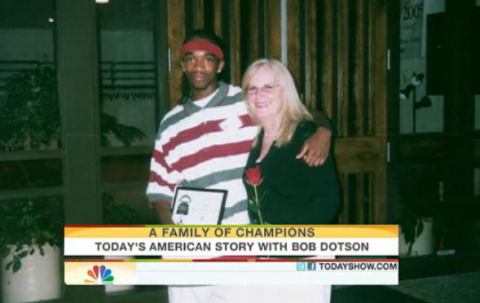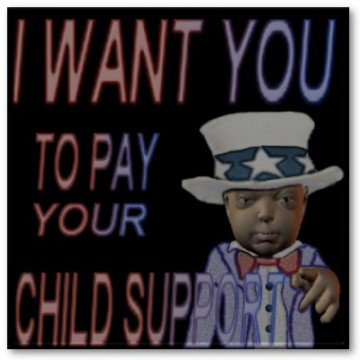Just like a basketball player, life twists and turns. Melvin Jones is not only a basketball star, but also a top student at Portland State University — and all because his high school coach, Kasey Poirrier, thinks of him as a little brother. Kasey’s mom, Jennifer Annable, was five months pregnant when she moved to Seattle with 50 bucks in her pocket. She worked long hours, struggling to become a teacher. Eventually she became director of a school for children with special needs, but her marriage ended in divorce before she could give Kasey that little brother. One night Kasey asked his mom: “How would you feel about Melvin coming to stay with us?” Melvin Jones had just been shoved out of two other high schools and had entered Kasey’s with zero credits. At age 16, he was drifting on the streets of Seattle. “Every time I took him home, I was taking him somewhere else,” Kasey recalled. “We drove around to four or five different places and there were no adults.” Melvin’s mom was dying of AIDS. “He was loved, but not parented,” is how Jennifer put it. So she made up a room for him. Why would a single mom take on such a challenge? Jennifer’s father grew up in foster care; her mother in an orphanage. Jennifer had opened her home to kids before: Five, in fact, during Kasey’s childhood. “My dream was always to run an orphanage,” she explained. “When I was a little girl, I had a hundred dolls and I used to line them up on the back porch. Those were my kids.” Her mom was almost adopted three times, but each time, the couple sent her back. “To think that somebody would take in a child, then give them back,” Jennifer said. She simply wanted to help children like her mom. Still, she recalled: “Taking in Melvin was one of the hardest things I ever did in the beginning.” He did not trust her. He stashed the groceries she bought him under his bed, afraid some one would steal them. Melvin resisted Jennifer’s every attempt to become his new mother. “I did not like it at all,” Melvin said. “I fought it.” Jennifer told Melvin: “ ‘I’m not trying to take anyone’s place, but you need a mom!’ ” And she had love enough to help another child. Still, Melvin’s little sister, Marika, was not happy. “Why you wanna go move in with her? She’s not family.” “He was with me,” big sister Lasheka Bousley insisted. “I was trying to figure out why he’d want to go with someone else other than me.” Melvin simply wanted someone to show him how to study. “Jennifer was like a gnat, like you slappin’ at a gnat and it just won’t go away.”

Go here to read the rest:
Blind Side 2.0: White Family Takes In Troubled Black Teen Whose Mother Died Of AIDS



























